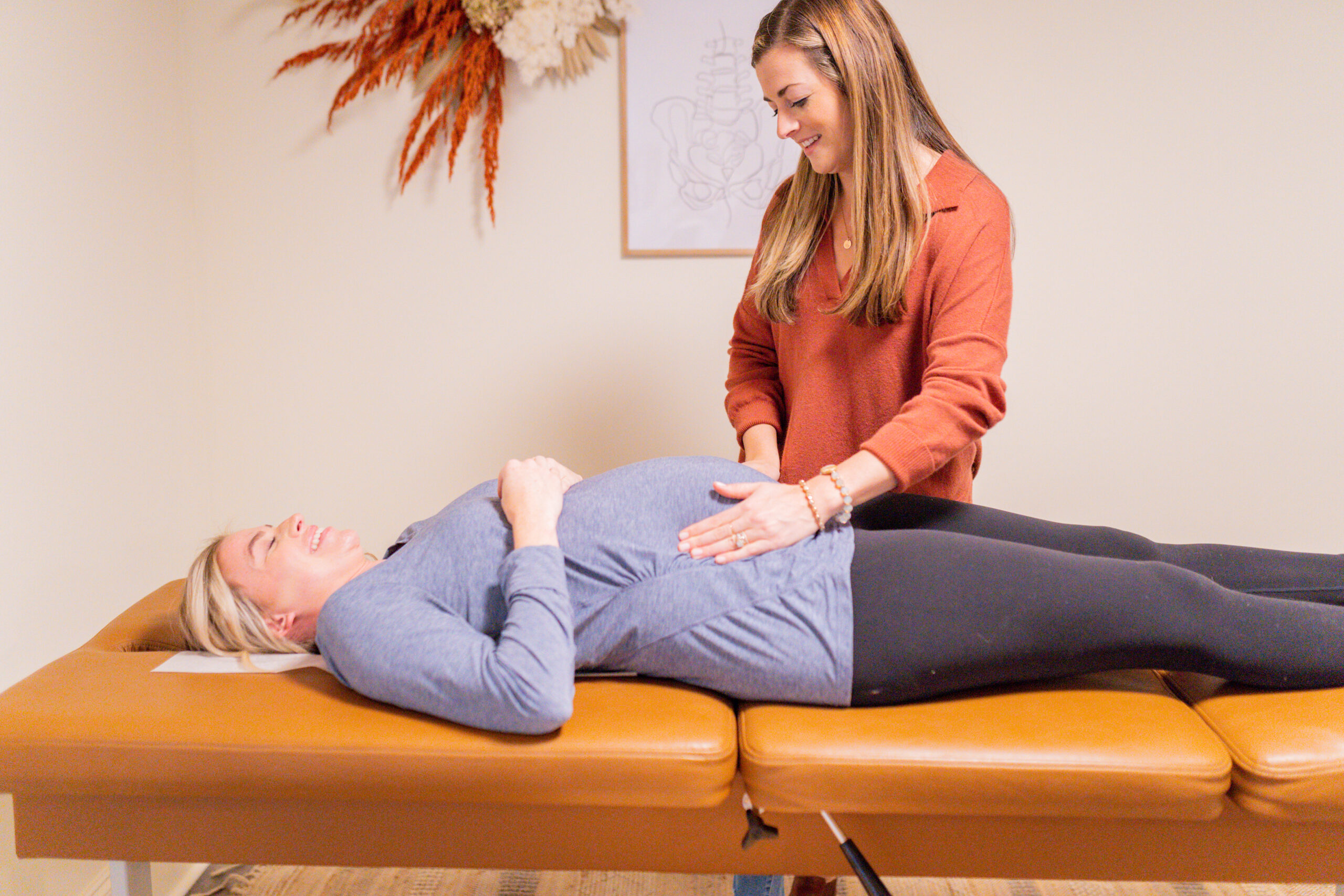HRV Insights: Understanding Stress Impact on Baby’s Nervous System Development

The moment those two lines appear on the pregnancy test, the most joyful journey begins for expectant mothers. It’s a time filled with wonder, excitement, and, undoubtedly, a touch of anxiety about your baby’s health and future.
As your little one grows within the womb, you might find yourself thinking about the effects of your stress and any potential disruptions that could happen during childbirth. It’s common to wonder if your emotional state could influence your baby’s neurological development.
Fortunately, advancements in research and technology now offer mothers a remarkable opportunity to play an active role in shaping their baby’s neural health from the earliest stages of pregnancy. Heart rate variability tracking emerges as a cutting-edge insight among these innovations.
So, if you’re curious about how your emotional well-being impacts your baby’s well-being and resilience, this is for you. Together, we’ll dive into the science behind proactive measures for nurturing your baby’s nervous system. We want to help mothers eager to nurture nervous system growth in their developing baby by moderating stress. You’ll learn about the direct impact of maternal distress and anxiety on babies in the womb, affecting their neurological development.
Understanding the Science: Nurturing Your Baby’s Development
To understand how maternal health impacts your baby’s development in the womb, let’s look into the crucial role of the nervous system during pregnancy.
The autonomic nervous system, anchored by the vagus nerve, orchestrates vital functions supporting fetal growth and regulating conditions in the womb. This intricate “command center” ensures your baby receives oxygen and nutrients and maintains a healthy heartbeat and development.
Your nervous system serves as the “mission control,” driving the proper development of your baby’s brain, organs, and tissues. Remarkably, your baby’s nervous system remains connected to yours via the umbilical cord, sharing not just DNA but also stress signals.
Research reveals that maternal anxiety and distress can activate fight-or-flight responses in your baby, impacting developmental milestones. Chronic tension can interfere with emotional regulation and sensory processing even before birth, potentially leading to birth complications.
Emerging prenatal assessments, like heart rate variability (HRV) tracking, offer insights into nervous system health. HRV scans measure variability between beats, providing clues about your baby’s neurological growth and stress resilience.
Advanced HRV tracking now offers insights into nervous system patterns in pregnant women, with higher readings indicating balanced signaling benefiting the baby’s growth, while lower readings are associated with pregnancy, birth, and future challenges.
With this knowledge, expectant mothers can implement tailored interventions like, most importantly, consistent Neurologically-Focused Chiropractic Care, and also breathing exercises, mindfulness training, and stress relief regimens to benefit both mother and baby.
Learn More About HRV Technology
So, if you’re intrigued by how HRV technology can empower you as an expectant mother, please reach out to Freedom Chiropractic today!
©Freedom Chiropractic | Terms and Conditions | Privacy Policy | Copy & Website by Liberty Type
©Freedom Chiropractic | Terms | Privacy
Copy & Website by Liberty Type





